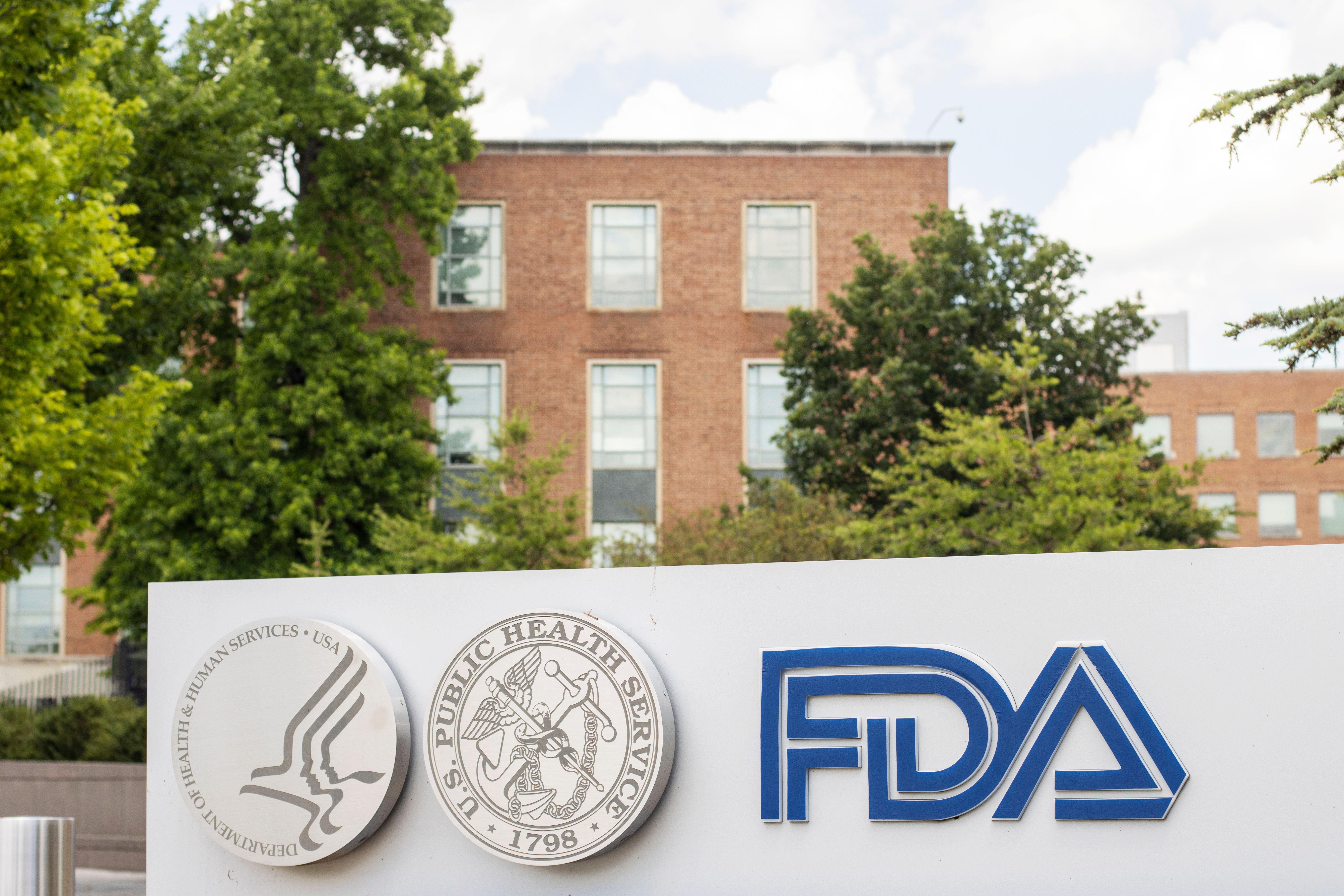- Acne
- Actinic Keratosis
- Aesthetics
- Alopecia
- Atopic Dermatitis
- Buy-and-Bill
- COVID-19
- Case-Based Roundtable
- Chronic Hand Eczema
- Chronic Spontaneous Urticaria
- Drug Watch
- Eczema
- General Dermatology
- Hidradenitis Suppurativa
- Melasma
- NP and PA
- Pediatric Dermatology
- Pigmentary Disorders
- Practice Management
- Precision Medicine and Biologics
- Prurigo Nodularis
- Psoriasis
- Psoriatic Arthritis
- Rare Disease
- Rosacea
- Skin Cancer
- Vitiligo
- Wound Care
Article
Last chance for isotretinoin?
Recently you probably received registration materials in the mail to be completed so that in the future you will be allowed to prescribe isotretinoin to your patients. This new registration program might also have confused you, since we had been living with the "SMART" program for the past few years. So, let me try to set the record straight. This new program, known as iPledge, was not developed by the American Academy of Dermatology. In fact, our representatives have been actively involved at stages of isotretinoin review trying to keep this drug available for dermatologists. The program is free, but you must fill out the registration forms and return them in order to be able to use this drug in the future.
Recently you probably received registration materials in the mail to be completed so that in the future you will be allowed to prescribe isotretinoin to your patients. This new registration program might also have confused you, since we had been living with the "SMART" program for the past few years. So, let me try to set the record straight. This new program, known as iPledge, was not developed by the American Academy of Dermatology. In fact, our representatives have been actively involved at stages of isotretinoin review trying to keep this drug available for dermatologists. The program is free, but you must fill out the registration forms and return them in order to be able to use this drug in the future.
I believe this program also represents what may be the last chance we have as dermatologists to preserve the availability of this extremely important and unique medication for our patients. It is, therefore, extremely important not only to complete the registration process, but also to carefully follow the guidelines set forth in the iPledge program. Our patients must be fully informed and prepared to appropriately use this drug and to prevent pregnancies from occurring during the course of the treatment, as the drug is a teratogen.
If sufficient numbers of physicians don't register, or if the number of pregnancies occurring while female patients are receiving this drug doesn't dramatically decline, it is my opinion that the Food and Drug Administration (FDA) will remove it from the market and we will lose this drug from our armamentarium. If access to this important drug is eliminated, it will be our patients with scarring cystic acne who will lose the most.
The iPledge program was developed by the manufacturers of isotretinoin (Accutane by Roche Pharmaceuticals, Sotret by Ranbaxy Laboratories,Claravis by Barr Laboratories and Amnesteem by Mylan Pharmaceuticals) at the direction of the FDA, as a replacement for the original SMART pregnancy prevention program. The reason is quite simple: Female patients taking isotretinoin got pregnant frequently enough to raise the awareness of this problem in Congress and at the FDA.
Because isotretinoin is a potent teratogen, most of the pregnancies that occurred while on the drug were terminated. This resulted in both congressional and FDA hearings on this matter, and a very vocal group made a call to immediately withdraw the drug from the market. Fortunately, that didn't happen, but iPledge did!
In addition to the teratogenicity issue, during the past few years the possible relationship of isotretinoin to depression, psychosis and suicide also emerged as a concern. The AAD held a consensus conference on isotretinoin to determine if there was any proof of an association of its use with psychological disturbances. However, the conclusion was that there was no absolute evidence of an association, and no mechanism of action could be determined.
While dermatologists were advised to be alert for the warning signs of psychiatric disorders in their patients, the big issue of teratogenicity remained. That is how the iPledge program came into being.
The new program is a comprehensive system designed to provide patients with the tools they need to prevent pregnancies from occurring during treatment. For this program to work, it is an absolute requirement that all patients completely understand the hazards associated with the use of isotretinoin and thus prevent babies from being born with birth defects. For certain, this requires an attentive and caring physician, a cooperative and knowledgeable patient, and a pharmacist aware of the risks involved with use of this drug. If these three crucial elements work together effectively, I believe we can preserve the use of this important and unique drug. Rest assured, if that doesn't happen, it will be the end of isotretinoin.
So, for the good of our patients, please take the time to register to use isotretinoin, and make sure your patients know how to most safely use it.
If we don't,we will have only ourselves to blame.
Ronald G. Wheeland MD., Professor and chief of dermatology, University of Arizona
Newsletter
Like what you’re reading? Subscribe to Dermatology Times for weekly updates on therapies, innovations, and real-world practice tips.











